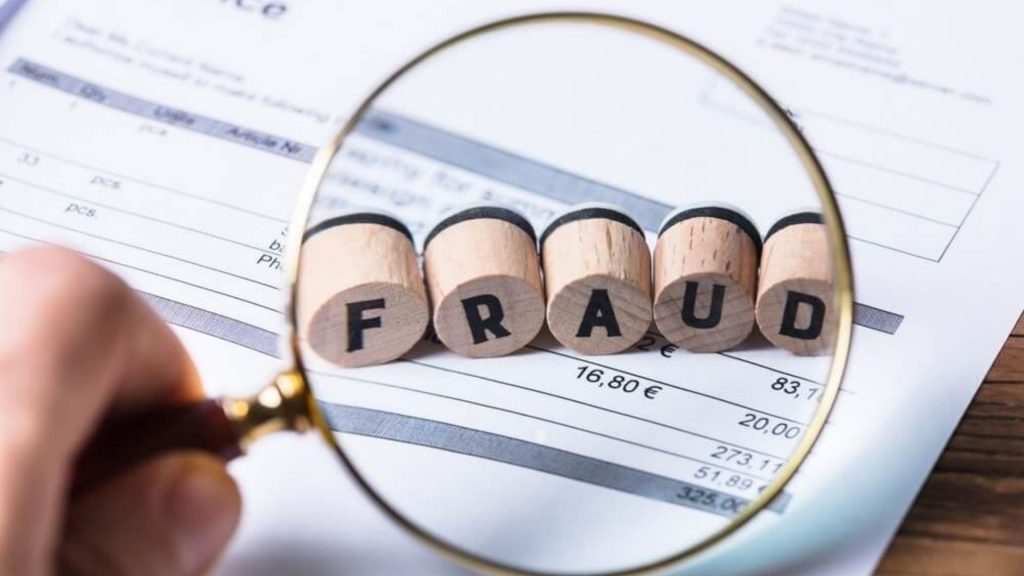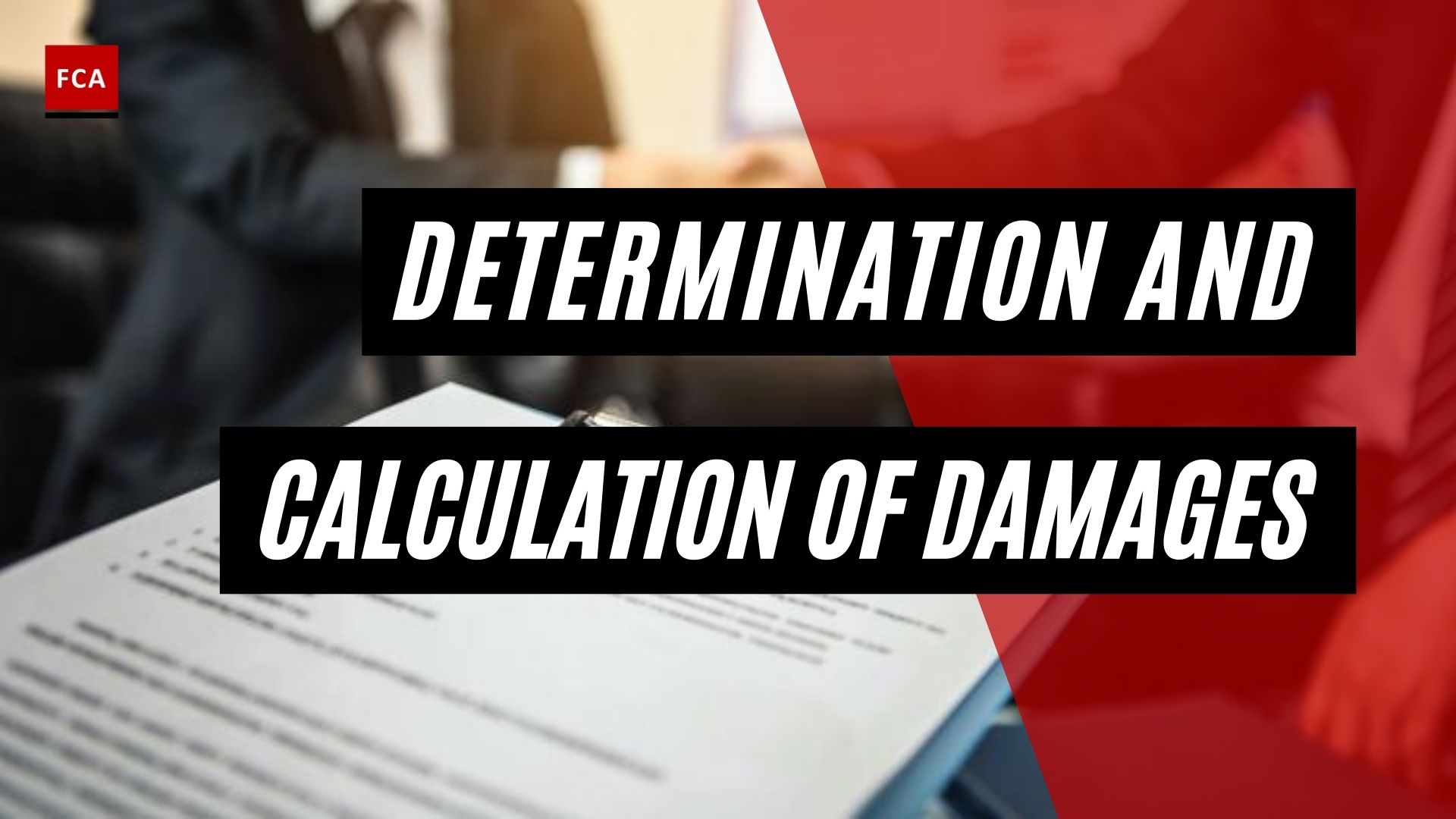The impact of fraud. Fraud is mistakenly considered a victimless crime. However, fraud can have considerable social and psychological effects on individuals, businesses, and society. For example, numerous individuals and businesses can be affected when a fraud causes a major company to collapse. Fraud drains resources, affects public services, and may fund other criminal and terrorist activity.
The Impact Of Fraud
The issue of fraud is faced by all organizations regardless of size, industry, or country. Wherever there is valuable property, a fraud may be attempted. Often, only high-profile frauds and fraud involving large organizations are reported in the media, which may cause smaller organizations to feel that they are not susceptible to fraud. However, the frequency of small businesses suffering from fraud is higher due to a lack of internal controls.
The risk of fraud for smaller businesses is more critical as they are less likely to recover from significant losses due to fraud. Fraud in smaller firms can often bring them to the brink of insolvency.
Insurance and industrial manufacturing are among the industries suffering the highest average losses. Whereas the losses in the financial services industry, a sector which is most frequently associated with fraud, were actually below average when it came to impact from fraud. Even not-for-profit organizations are susceptible to fraud, and government institutions, as well as many charities, often fall victim to unscrupulous fraudsters.
Human Impact
Fraud is not a crime with no victims. Fraud can be a traumatic experience that has real and lasting consequences for victims, their families, caregivers, and communities. Those who rely on government services (such as the elderly, the vulnerable, the sick, and the poor) are frequently the ones who suffer the most from fraud.
Fraud can have a devastating impact on these victims, exacerbating their disadvantage, vulnerability, and inequality. Victims of fraud may also suffer long-term mental and physical trauma. Individuals and businesses lose opportunities as a result of fraud.
Government Outcomes Impact
Fraud undermines the government’s ability to provide services and achieve desired results. Money and services are diverted away from those in need, and the services provided may be subpar or dangerous. This may result in program failure.
Reputational Impact
Fraud can affect any organization. However, when handled improperly, fraud can erode trust in government and industries, resulting in a loss of international and economic reputation. This is especially true when fraud is aided by corruption.
Industry Impact
Fraud can distort markets by giving fraudsters a competitive advantage and driving out legitimate businesses. It may have an impact on business services and expose other industries to additional instances of fraud. It may also increase the burden on charities and community services that assist those affected by fraud.
Fraud can cause immediate and long-term environmental damage by polluting the environment and destroying ecosystems and biodiversity. It can also lead to significant clean-up expenses.
Business Impact
The costs of dealing with fraud against government programs are substantial and extend far beyond the direct financial loss. They may include the costs of assessment, detection, investigation, and response, as well as any potential restitution. Additional costs may include program reviews and audits, as well as retrofitting or redesigning programs.
According to international estimates, government entities lose between 0.5 and 5% of their spending to fraud and related loss. The vast majority of fraud goes undetected and is difficult to classify. Measurement exercises can assist organizations in discovering and more accurately estimating their potential fraud losses.

Final Thoughts
Fraud has far-reaching consequences beyond monetary loss. Fraud has an impact on people, industries, businesses, services, and the environment. Understanding the total impact of fraud enables organizations to make more informed decisions. Any type of fraud can have serious consequences, whether committed by opportunistic individuals or serious and organized crime groups. However, serious and organized crime can frequently amplify the scope and impact of fraud.









